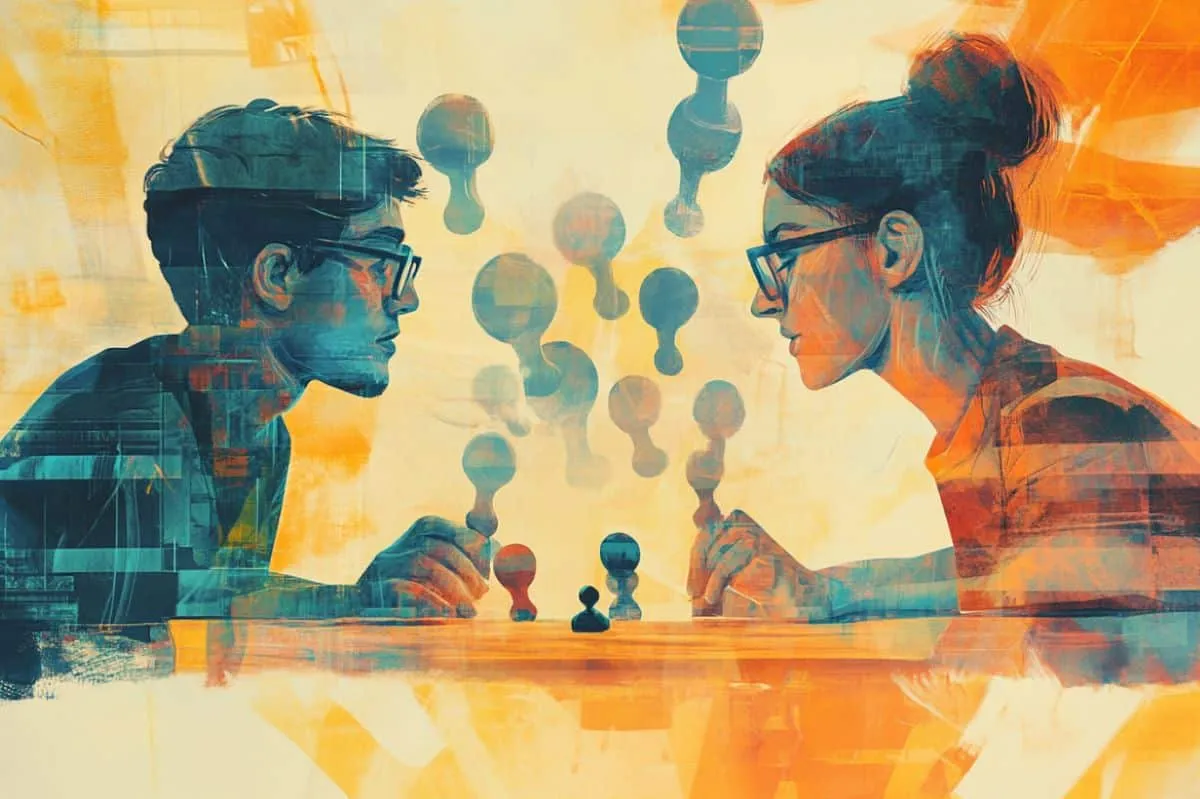Brain Research Explores Game Theory and Cooperation in Social Neuroscience

Rissho University Study on Cooperation
Brain research has increasingly shown that humans exhibit a remarkable ability to cooperate even after experiencing betrayal. This finding challenges traditional game theory perspectives which suggest that betrayal should lead to a breakdown of cooperative behavior.
Experiment Overview
Conducting a series of online experiments, researchers from Rissho University examined how participants engaged in both alternating and voluntary participation games. The results demonstrated that individuals frequently chose to cooperate, even under conditions that prompted betrayal, highlighting the complex interplay of psychology and neurobiology.
Implications for Social Neuroscience
- Neuroscience provides insights into the underlying mechanisms of human cooperation.
- Game theory is challenged by observed behaviors in real-world scenarios.
- Understanding social neuroscience could lead to breakthroughs in how we perceive human interactions.
This article was prepared using information from open sources in accordance with the principles of Ethical Policy. The editorial team is not responsible for absolute accuracy, as it relies on data from the sources referenced.